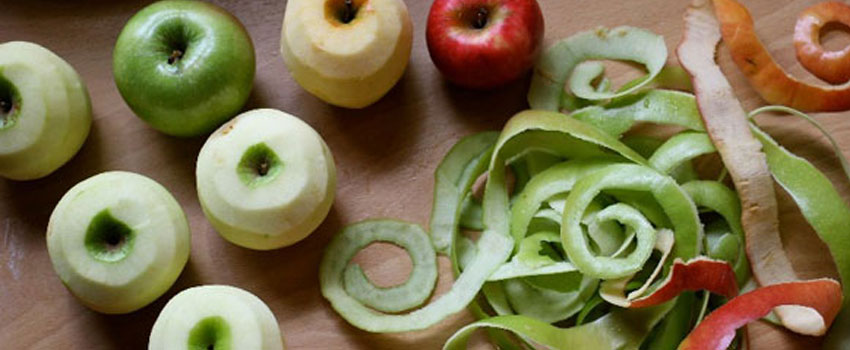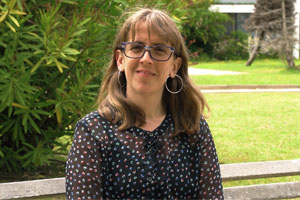- News
Through an innovative project they seek to take advantage of food waste to create new products

The initiative promoted by the scientist from the University of La Serena, Claudia Bernal, will use food peel waste to produce raw materials, which mostly come from the oil industry.
At a time when we urgently seek to reduce gas emissions that pollute the environment, it is a priority to generate raw materials through alternatives that are different from the oil industry. Along these lines, one of the challenges currently facing the food industry is what to do with the waste that is produced. An example of this is Pectin, a polymer present in the peel of many foods that in Chile, in general, is used very little, implying an extra expense for the industry, which must pay for the process so that it is discarded.
Given this need, Dr. Claudia Bernal, academic and researcher at the Department of Food Engineering and the faculty of the Doctorate in Food and Bioprocess Engineering at the University of La Serena, designed a project that aims to use waste from the food industry to produce new products in a clean way, contributing to reducing pollutants. “Pectin, which is a byproduct of the food industry, can be transformed enzymatically into raw materials to generate nylon and polyester, which are currently produced by the oil industry,” she explained.
 To finance this project, Dr. Bernal was awarded one of the funds from the FONDECYT Regular 2019 Contest (National Fund for Scientific and Technological Development) that this year was given to researchers from the Coquimbo Region, which is highly competitive and currently represents the main source of financing for scientific research in Chile.
To finance this project, Dr. Bernal was awarded one of the funds from the FONDECYT Regular 2019 Contest (National Fund for Scientific and Technological Development) that this year was given to researchers from the Coquimbo Region, which is highly competitive and currently represents the main source of financing for scientific research in Chile.
“The FONDECYT that I won focuses on taking advantage of two great opportunities offered by the region and the country: the first is the Recycling Law, which is to reuse and take advantage of the by-products of the industry; and the second is to transform food, in which we want food not to be raw material but rather to produce value-added products,” Dr. Bernal said.
“If we use agri-food waste by transforming it with enzymes, clean technology, to produce something that will also no longer contaminate as much from the oil industry, we are making a contribution to these two opportunities that Chile had,” he added.
“The Pectin that is extracted from the peels of agro-food waste is used as a gelling agent to make jams and other foods, it is a product of very low value, and that is in the best of cases. Most of the shells end up in landfills, little is done, so it's a good opportunity. Producing raw materials to generate other types of materials such as polymers or polyesters as far as I know is not done (in Chile), so there is an important niche there to generate technology and new areas of commerce,” he explained.
Dr. Bernal hopes in the future to be able to link entrepreneurs and obtain financing to scale and have people trained in the area and trade in the future and in this way contribute to providing a solution to the management of waste from the agri-food industry.
Source: VIPULS
